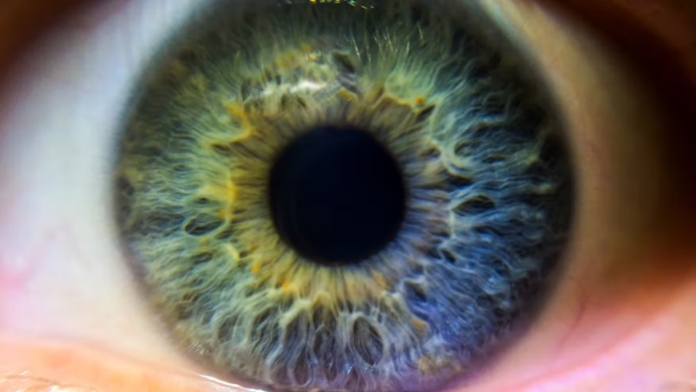Bengaluru, January 27,2023: Thyroid Eye Disease (TED) is a complex, orbital inflammatory disease with vision-threatening complications. In the last two years, the incidences of TED have increased because of COVID- 19 pandemic as patients were unable to access diagnosis in time, thus leading to delayed treatment. Further, many patients were also unaware of the symptoms and complication TED due to genuine lack of awareness. In the last two years, Dr Agarwals Eye Hospital Group have witnessed an 20-25% increase in cases of TED.
Dr. Devaraj Munikrishna, Clinical Head, Dr Agarwals Eye Hospital, Rajajinagar said, “The increase is largely due to the pandemic, as many patients delayed diagnosis and treatment for thyroid diseases, leading to uncontrolled rise in thyroid levels. On top of that, pandemic also induced severe mental stress, which has a detrimental effect on thyroid levels in the body, further aggravating the thyroid disorders in the patients. Recent studies have indicated that COVID-19 virus may also cause thyroid dysfunction. Covid-19 virus can invade the thyroid gland and trigger the immune mechanisms. Additionally, there is also the possibility of antiviral drugs affecting the gland.”
The TED happens primarily due to uncontrolled thyroid levels, and people having hyperthyroidism are more likely to be affected. TED is an idiopathic auto immune disorder which can permanently damage your eyesight and cause blindness. Due to TED, there is an inflammation of the muscles, fat, and connective tissue around the eyeball. The tissues behind the eyeball and around the eye become swollen, making the eye look bulgy. Patients also show symptoms of redness, discomfort, and watering in the eyes. In most of the cases there is an incomplete closure of the eyelids; eyeballs are protruding; the vision is blurred; the patient may have double vision along with squint and lid Lag.
Dr. Devaraj said, “in the initial stages, when patient has symptoms of redness in the eyes; dry eyes; exposure keratopathy; incomplete closure of the lids, then in these cases ocular lubricants are prescribed. Sunglasses can be worn while going outdoors to avoid photophobia. In the later stages of the disease, where there is moderate to severe proptosis or optic nerve compression (vision Loss) we start the patient on IV Steroids, Immunosuppressants, or Orbital Radiation and Orbital Decompression Surgery (Squint Surgery/ Lid Surgery). Patient with Thyroid disorder must keep their thyroid levels under control and do a regular eye check up from an ophthalmologist. Most of the signs of TED are reversible if treated on time.”
Thyroid eye disease occurs primarily in patients with uncontrolled thyroid disease. Men, senior citizens, diabetics, and smokers are in higher risk category. Factors like genetics, immunity, pollution, and stress play a major contributary role in developing the TED.
“TED can be a disfiguring condition and can lead to severe emotional and psychological stress. Thyroid disorder patients must get a full body blood work up done once a year where the thyroid levels are checked and if not in the desired range, then it needs to be treated. Every patient must keep their thyroid levels under check and look out for common systems of TED and consult an eye specialist in case of symptoms. If diagnosed with TED, it is advised to follow up with an Oculopalsty Specialist” says Dr. Devaraj.
Covid pandemic impacted the patients’ ability to access routine tests and movement restrictions which resulted in delayed treatment for TED. Many patients were also unaware that they have developed TED due to a genuine lack of awareness. As TED has the potential to cause severe cosmetic and visual impairment, therefor it is necessary to increase the general awareness about the disease and its treatment. Those who are already suffering from thyroid disorders must regularly consult general physician or endocrine specialist for appropriate treatments for keeping the thyroid levels under control. Also, patients must undertake regular diagnosis to check on thyroid levels. In case of ocular related complications due to TED, patients must seek treatment from an Ophthalmologist or an Oculoplasty Surgeon depending on the severity.
Corporate Comm India (CCI Newswire)






















